Don't Just Collect Data, Use It! Transforming Care With Social Drivers of Health Data (ADIEM, AAAEM, and Social EM and Population Health Interest Group Sponsored)
Social drivers of health (SDOH) are powerful mediators of poor health outcomes, increased Emergency Department (ED) utilization and higher healthcare costs. The ED is uniquely positioned to bring SDOH screening to the bedside and develop effective interventions. CMS and Medicaid funding opportunities and priorities provide an important opportunity to implement novel SDOH screening and intervention projects.
The key lesson from this didactic session is to recognize the untapped potential of SDOH data in clinical medicine, moving beyond its role in uncovering the broader determinants of health issues and risk adjustment to building targeted referral and intervention programs. The panelists, each with content expertise on specific populations (i.e., pediatric EM, HIV/syphilis, population health, and health policy) from various institutions, will shed light on how certain social factors can be applied in clinical management. This session will conclude by underscoring the need for policy and advocacy to highlight the pressing need for active research in this area.
Presenters:
- Haeyeon Hong, MD, MS
- Naomi George, MD MPH
- Margaret E. Samuels-Kalow, MD, MPhil, MSHP
- Kim Stanford, MD, MPH
- Herbert C. Duber, MD, MPH, FACEP
- Rachel B. Kearney, MD, MPH
- Nikkole J. Turgeon, MD
- Alejandro Aviña-Cadena, MD, MPH
-
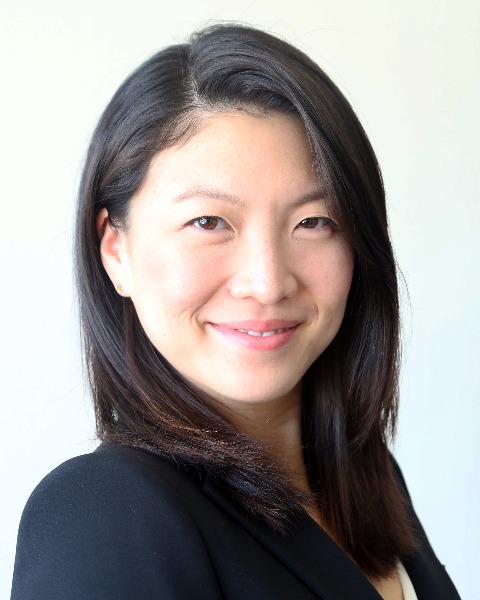
Haeyeon Hong, MD, MS
Boston University School of Medicine
Haeyeon Hong, MD, MS, completed her residency in Emergency Medicine at Boston Medical Center in 2023. She currently serves as the Local Health Equity Fellow at Boston Medical Center and as a Commonwealth Fund Fellow in Minority Health Policy. Dr. Hong has led several evolving projects focused on the Social Drivers of Health (SDOH) Screening and Referral processes in the Emergency Department at Boston Medical Center. Driven by her deep-rooted commitment to health policy and health equity, Dr. Hong aspires to become a leading advocate for universal SDOH screening and referral in emergency departments and to spearhead innovative approaches in leveraging social factor-related data to transform healthcare for the underserved. -
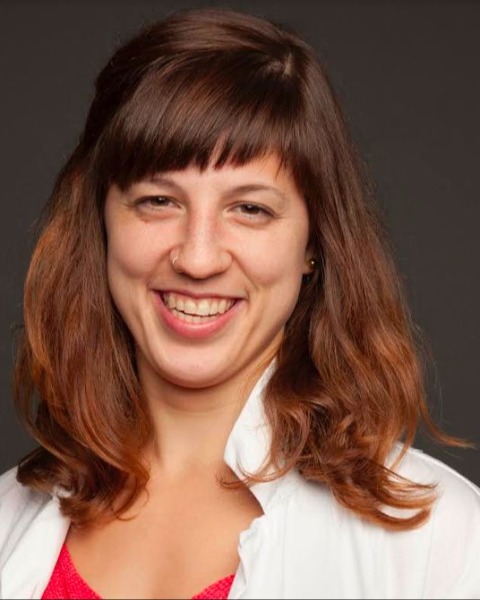
Naomi George, MD MPH
University of New Mexico
I am an emergency and critical care medicine physician working at the intersection of serious illness and acute care medicine, focused on understanding the underlying social drivers of health and systems barriers for patients and families facing serious illness, and developing and implementing interventions to improve patient-centered outcomes and health equity.
-
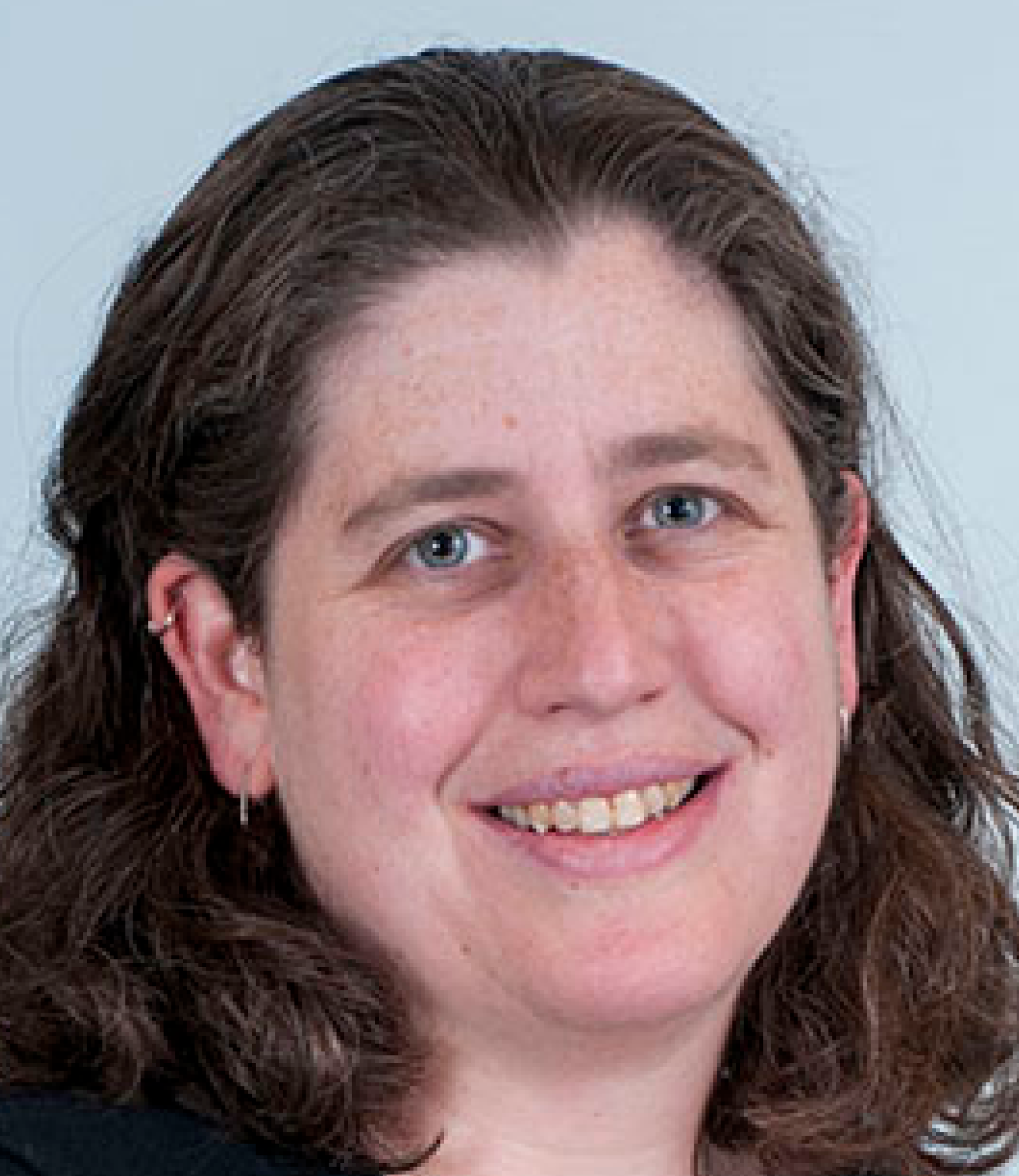
Margaret E. Samuels-Kalow, MD, MPhil, MSHP
Massachusetts General Hospital
“Missed Opportunities + New Strategies: Addressing Adverse SDoH in the ED"
Dr. Samuels-Kalow is an Associate Professor at Harvard Medical School (HMS), an attending physician in emergency medicine and pediatric emergency medicine at Massachusetts General Hospital (MGH), and the Vice-Chair for Research in the Department of Emergency Medicine at MGB. Her work focuses on developing interventions to reduce disparities in emergency care, and designing strategies to use the ED visit to address adverse social determinants of health. Current projects include work to examine the role of individual and hospital factors in quality and equity of care for children in general emergency departments and understanding how to best address unmet oral health and social needs in the ED.
-
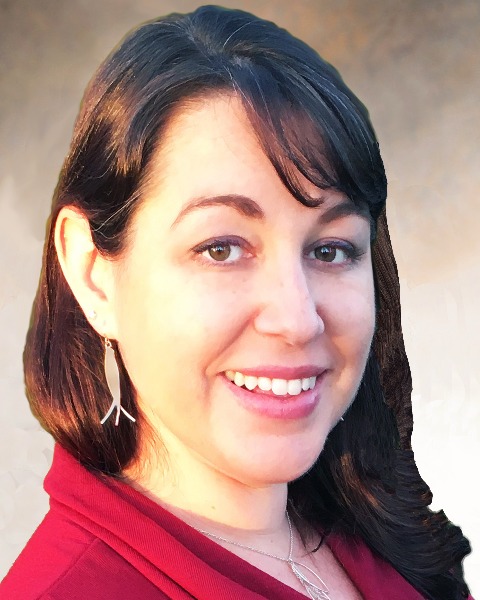
Kim Stanford, MD, MPH
University of Chicago
Kimberly Stanford, MD, MPH, is an Associate Professor at the University of Chicago and the Director of ED HIV and Sexually Transmitted Infection (STI) Screening at the Chicago Center for HIV Elimination (CCHE). A nationally recognized expert on screening for syphilis and HIV in the ED, Dr. Stanford is an NIH-funded implementation scientist whose research focuses on leveraging the emergency department visit as a key point of contact with the healthcare system for patients who might otherwise have limited access to care, creating opportunities for critical public health interventions related to infectious and chronic diseases and social determinants of health.
-
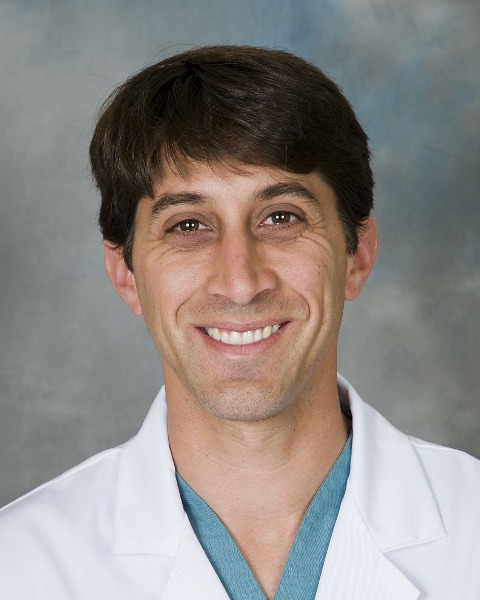
Herbert C. Duber, MD, MPH, FACEP
University of Washington
Dr. Herbie Duber is the Washington State Department of Health Regional Medical Officer for Northwest Washington. In this role, he supports the development of healthcare policy and programs across the state and serves as a key liaison between local public health in Northwest WA and the Department of Health. He is also a Professor in the Department of Emergency Medicine at the University of Washington where he leads the Section of Population Health. He holds adjunct appointments in the Departments of Health Metrics and Global Health, and the Institute for Health Metrics and Evaluation. Clinically, he works in the Emergency Department at the University of Washington and Harborview Medical Centers in Seattle, WA.
Dr. Duber’s research focused on evaluating health systems and health programs, with a particular interest in vulnerable and underserved populations domestically and internationally. He has co-authored more than 70 peer review publications. Dr. Duber is a vocal advocate, leader, and mentor at the intersection of emergency medicine and public health. He chairs the American College of Emergency Physicians’ (ACEP) Public Health Committee and serves as President of ACEP’s Washington chapter. He continues to mentor students, residents, and junior faculty, supporting the development of the next generation of emergency medicine and public health leaders.
Dr. Duber received his BA in Biology from Pomona College, after which he was awarded a Fulbright Fellowship. He received his MD from the NYU School of Medicine and his MPH in International Health from the Harvard School of Public Health. Dr. Duber completed his residency training at Harbor-UCLA Medical Center and a research fellowship at UCLA and the RAND Corporation. -
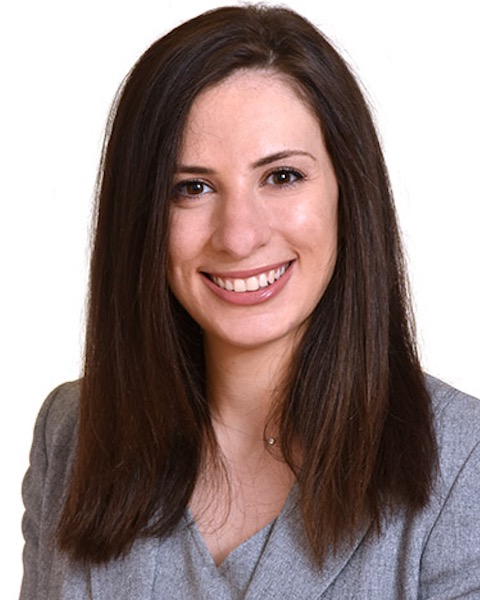
Rachel B. Kearney, MD, MPH
Boston Medical Center
Rachel Brigell Kearney, MD, MPH is a second-year Emergency Medicine resident at Boston Medical Center. She has a background in public health, and earned an MPH in Global Health and Population from the Harvard T.H. Chan School of Public Health with a focus on quantitative and qualitative research methods before medical school. She has worked in Tanzania and Zambia. Her interests within Emergency Medicine include health equity, social emergency medicine, quality improvement, and ultrasound. -
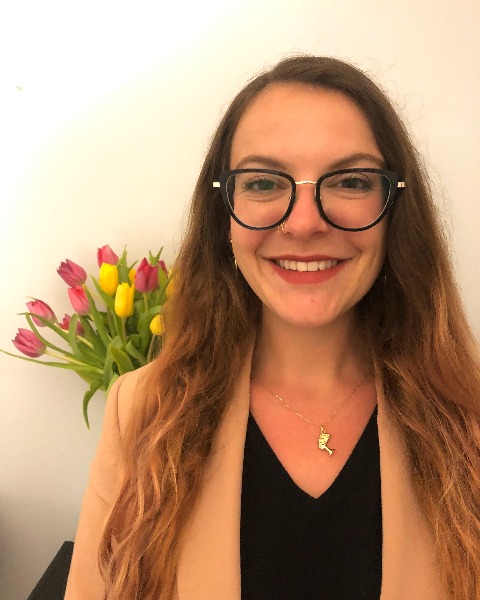
Nikkole Turgeon, MD
Boston University School of Medicine
Nikkole Turgeon, MD is a current PGY-2 resident in Emergency Medicine at Boston Medical Center Emergency Department. In her work within the BMC EM residency, she focuses on the development and implementation of a longitudinally integrated health equity curriculum. She also serves as co-chair of the BMC EM Residency Justice, Equity, Diversity, Inclusion (JEDI) Committee. Within this role, she is working to promote a more inclusive environment for residents through various initiatives. Her current interest in global health work is focused on the advancement of building equitable emergency care systems.
Nikkole grew up in Rhode Island and obtained a B.S. in Medical Laboratory Sciences in 2016 from the University of Rhode Island. During undergrad, she spent time working at a free clinic in Providence, RI where she saw the positive impact that community engagement and advocacy have on advancing health equity. Before medical school, Nikkole was the recipient of a Boren Scholarship that granted her the opportunity to live and work in Mozambique, Africa for six months. She pursued her interest in infectious diseases by working at a tuberculosis clinic and this experience strengthened her interest in pursuing global health work. She obtained her Medical Degree from the University of Vermont Larner College of Medicine in 2018. During her four years in medical school, she dedicated her time to focusing on local and global health equity work. Specifically, she worked on various social justice-related projects including co-leader of the student leadership group, The Social Justice Coalition, and spearheaded the creation and implementation of a social determinants of health curriculum within emergency medicine clerkship. Nationally, she has worked with ACEP and EMRA on advocacy efforts and the development of multiple policy resolutions focused on the advancement of social EM. Her global interests have focused on decolonizing global health and now serves as a co-chair for the Global Emergency Medicine Academy’s Decolonizing Global Health group. Nikkole’s current leadership and other committee roles include Vice Chair of EMRA’s SEM committee, member of the CUGH’s Advocacy and Communications Committee, and SAEM’s Equity and Inclusion Committee. -
Alejandro Aviña-Cadena, MD, MPH
Boston Medical Center
Alejandro Aviña-Cadena MD, MPH (Dr. Aviña, He/Him) is a first-generation Mexican-American physician, born and raised in Los Angeles. He is a current second year Emergency Medicine resident at Boston Medical Center (BMC) and a proud product of the public school system and community college. After he transferred to a 4 year university, he spent the next few years at the University of California, Irvine (UCI) where he received his Bachelors of Science, completed a Post-Bacc program, completed a Masters in Public Health and completed his medical degree as a leader in UCI’s Program in Medical Education for the Latino Community (PRIME-LC). Dr. Aviña is a first-generation Mexican-American physician and his lived experiences served as a motivation for his work in health equity. In addition to serving as the Latino Medical Student Association (LMSA) chapter president as a medical student, PRIME-LC president and conducting research on food insecurity and Dr. Aviña spearheaded UCI School of Medicine’s first 4-year longitudinal Social Determinants of Health curriculum where he worked with a number of key stakeholders to incorporate his curriculum into every major educational experience at UCI’s School of Medicine. Now in residency, Dr. Aviña is a co-president for BMC’s Emergency Medicine Justice Equity Diversity and Inclusion (JEDI) program in addition to conducting research/quality improvement projects on incorporating a patient’s social context to their plan of care in the ED and has worked on a number of diversity/health equity projects that have promoted program recruitment and resident well-being. Now almost 2 years living in Boston, Dr. Aviña and his wife recently expanded their family and are excited for where the next few years will take them.
